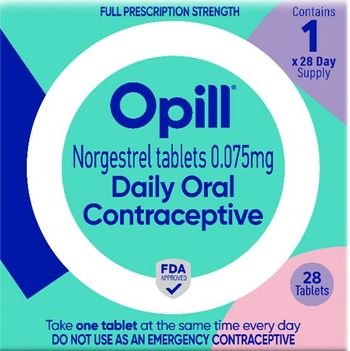
Comprehensive infertility coverage can add value to benefit design
Most cost estimates for infertility treatment, including IVF, range from $4 to $6 per member per year.
WHY COVER INFERTILITY?
With relatively simple changes in benefit management, payers can provide a valuable member benefit, greatly improve patient care, manage medical costs, and give many couples a chance at parenthood.
Studies have shown that lower treatment risk may be associated with comprehensive coverage.
Patients paying out of pocket might be willing to accept more treatment risk, by accepting in vitro transfer of more than two embryos in order to achieve pregnancy, for example. However, transferring more than two embryos can result in higher multiple births. Multiple births are associated with increased infant morbidity and long-term disability, as well as increased pregnancy and delivery complications, which result in an increase in required care and cost.
Projected estimates in 2000 of the healthcare costs per family of multiple births ranged from $58,865 for twins to $281,698 for quadruplets (Human Reproduction, 2000). The reduction of multiple births can reduce the risk of adverse health consequences among women and infants, yielding cost savings to payers.
A study from Massachusetts found that programs in states with mandated comprehensive infertility coverage transferred fewer embryos per in vitro fertilization (IVF) procedure and had lower multiple birth rates than those in non-mandated states (American Society for Reproductive Medicine). Another study of 7,561 IVF procedures (Fertility and Sterility, 2003, "Does insurance coverage decrease the risk for multiple births associated with assisted reproductive technology?") showed that a smaller proportion of procedures included transfer of three or more embryos in Massachusetts (64%) and Rhode Island (74%), states with infertility coverage mandates, than in non-mandated states (82%). Also, the multiple birth rate in the non-mandated states was higher.
Legislative mandates related to infertility coverage are present in more than a dozen states, but in most cases, payers meet the requirement by offering a limited benefit as an optional rider. Some payers cover the diagnosis of infertility but exclude coverage for treatment. Others do not offer a comprehensive benefit but cover some of its components-medical evaluations and certain procedures.
Cost is one reason payers exclude infertility treatment in coverage plans. Yet most cost estimates for infertility treatment, including IVF, range from $4 to $6 per member per year. An article in the American Journal of Obstetrics & Gynecology (2000) stated that through appropriate cost sharing and management oversight, infertility coverage can be offered at a cost of 40 cents to 50 cents per member per month. When infertility coverage is not comprehensive or is excluded completely, many payers will already incur a portion of this amount in "hidden costs."
SIX STEPS TO APPLY
By applying the following six steps, managed care plans can offer a comprehensive infertility benefit that demonstrates their commitment to quality, increases member satisfaction and saves the costs of inappropriate and mismanaged procedures.
Newsletter
Get the latest industry news, event updates, and more from Managed healthcare Executive.























